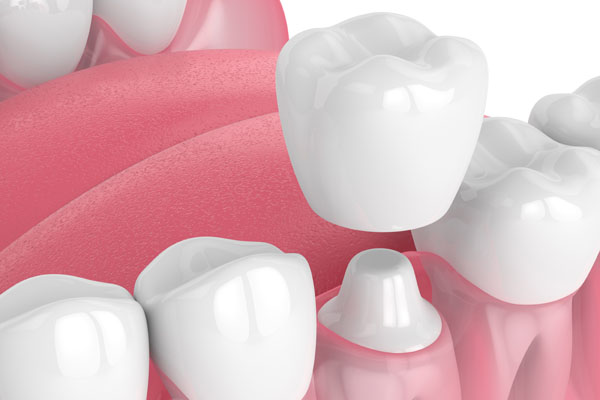Implants, Dentures and Bridges

When it comes to replacing a missing tooth, implants, dentures and bridges are the most popular options. Even though all three are effective, you also have to consider your comfort and budget.
What is the difference between implants, dentures and bridges?
Bridges
These are often used in situations where only one or a few teeth have to be replaced. Your dentist will replace the missing tooth with an artificial one, then cement a fixed bridge on specially prepared teeth on either side of the space created by the missing tooth, to keep the artificial tooth in place. The false tooth is then mounted on the base of the bridge to fill the hole left by the missing tooth.
In some cases, your dentist will use a removable bridge on the teeth on both sides of the space, allowing you to take out the bridge by yourself. Removable bridges usually have an acrylic base that uses metal claps to keep the bridge in place. Permanent bridges are made from ceramic, metal and in some cases, a combination of the two.
Dentures
Full dentures are typically used when most of your natural teeth are missing, which is why they are also known as false teeth. If you have only a couple of natural teeth left, your dentist may recommend pulling the remaining teeth out to fit you with full dentures, which are false teeth placed on an acrylic base that is made to look like your gums.
The dentures used can be permanent, which means you will need to visit the dentist to take them out, or removable, which you can pull out by yourself.
If you still have many natural teeth left, your dentist can fit you with a hybrid denture, which is held in place by implants or a seal applied on your gums.
Implants
These have become the most popular way to replace missing teeth. Titanium posts, which act like tooth roots, are fused to your jawbone through surgery. Once the bone and gums grow strong enough to hold the metal post in place, a false tooth, also known as a crown, is screwed into the implant to replace the missing tooth.
Implants can be used for more than one tooth and can also be attached to bridges and dentures if you have a lot of missing teeth.
Which one should I get?
The procedure you choose depends on the number of teeth you want to replace and the amount of money you want to spend. Bridges and dentures are the cheaper options, but bridges have to be replaced every five to 15 years and dentures also have to be replaced every 10 years.
Implants are the most expensive of the three, but they last a lifetime, making them the best investment in the long run.
Conclusion
Implants, dentures and bridges help replace missing teeth, allowing you to chew comfortably and smile with confidence. If you have missing teeth and do not know which one to choose from, consult your dentist and find out which one of the three is right for you.
Request an appointment here: https://gkdentaloffice.com or call GK Dental PC at (617) 826-6075 for an appointment in our Everett office.
Recent Posts
A missing tooth can lead to many cosmetic and health complications. Dental implants are an effective method for treating tooth loss and restoring a person's smile. They can prevent other issues from developing, including: Speech and digestive problems Damage to surrounding teeth Improper alignment Tooth and jaw painThe results are typically permanent, and implants are…
Dental implants enable you to get as close as you can get to replacing your natural teeth roots, both in terms of function and health benefits. Dental implants require regular care like your natural teeth, which is the only way to ensure that your implant-supported teeth can last a lifetime. Read on to learn about…
A patient may invest in dental implants for a variety of different reasons, many of which focus on positively changing personal image and improving overall oral health. Implants are often applied when patients are missing one or more teeth and are not interested (or have had no success with) dentures or dental bridges. To understand…
Patients may feel overwhelmed when a dentist suggests dental implants. The process can sound intimidating, but fortunately the practice of providing patients with a brand-new smile has been studied, modernized, and improved over the past several decades. Not only can patients feel confident smiling frequently in public again, but their oral health and daily function…


